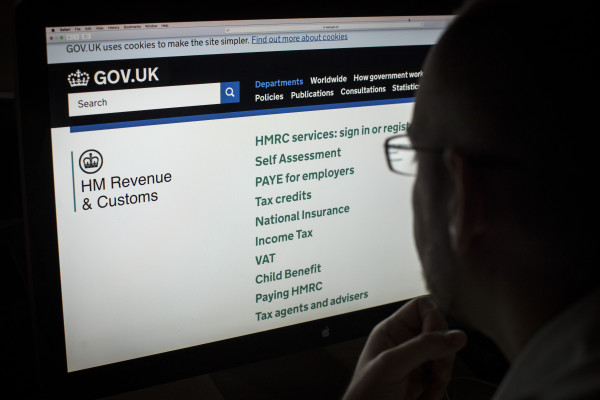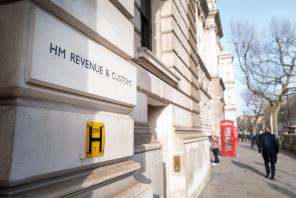

Five people have been arrested in connection with promoting schemes designed to help taxpayers avoid paying the taxman's controversial loan charge.
HM Revenue and Customs will interview the group under caution on suspicion of fraud after officers searched addresses in a nationwide-operation yesterday (February 27), seizing computers and personal and business records.
A sixth person is set to attend a voluntary interview under caution in the latest move by the taxman to crack down on fraud offences linked to so-called disguised remuneration tax avoidance schemes.
HMRC said it is looking at 200 more people in relation to such offences.
The loan charge has been levied since the start of this tax year on those who benefitted from disguised remuneration schemes, used to pay employees via third party companies which "loaned" the money to the worker.
The loans were never intended to be repaid so HMRC treated them as tax avoidance, but campaigners have argued many employees agreed to the schemes only after seeking expert advice.
A spokesman from HMRC’s Fraud Investigation Service said: "Those that enable, promote or facilitate tax fraud are firmly in our sights and we currently have more than 200 such suspected enablers under criminal investigation.
"We are keen to protect the public from those who devise and market fraudulent schemes which at best do not work and at worse mean that people could end up being involved in fraud.
"People need to think extremely carefully before they enter into any scheme that claims to significantly lower your tax bill.
"If something looks too good to be true, then it almost certainly is. HMRC’s advice is firmly to steer clear."
HMRC officers are investigating alleged offences including conspiracy to cheat the public revenue, conspiracy to evade income tax and national insurance contributions, fraud by abuse of position and conspiracy to transfer, disguise or convert criminal property.
In May last year six people were arrested, thought to be promoting a scheme designed to get around the loan charge.
At the time one tactic thought to have been used was to have the company that issued the loan - the company the employee set up - engage in a "bet" with the employee. If the employee were to win the bet, the loan was cancelled and counted as having been repaid, meaning the employee is not liable to pay the loan charge.
The introduction of the loan charge, which is an extra fee on top of the tax owed, was announced in the 2016 Budget and confirmed in the 2017 Finance Bill.
HMRC's clampdown on the loan charge has left many with significant tax bills and has led to widespread criticism from MPs, professional bodies and protestors.
Those opposed mainly argue the taxman is enforcing the tax charge retrospectively, which HMRC denies.
In May last year HMRC confirmed it had already collected £1bn from the loan charge, with the majority collected from employers.
But MPs have since warned the attitude of HMRC towards the loan charge was "wreaking havoc" on taxpayers, with a survey published by the Loan Charge All-Party Parliamentary Group in November pointing to claims of homelessness and deaths.
rachel.mortimer@ft.com
What do you think about the issues raised by this story? Email us on fa.letters@ft.com to let us know.



